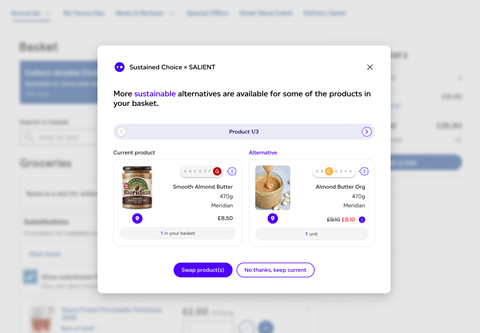
Thousands of shoppers are to take part in a trial examining how eco-labelling, and recommending of more environmentally friendly products, affects their online grocery purchasing habits.
The study will see shoppers download a browser extension for an supermarket’s online store – understood to be Tesco.com – where items added to their baskets are graded based on their environmental impact, with better-for-the-planet swaps recommended.
Led by the Universities of Oxford, Cambridge, Warwick, and Queen Mary University London – with help from the public, partners from local and national government, food charities, community support teams, and the food industry – the research will “explore the potential of targeted interventions to encourage healthy, sustainable diets and reduce the impact of food on the planet”.
All products available on Tesco’s website will be graded from A to G, based on their environmental impact. The grading comes from an examination of a product’s individual ingredients, adjusted by weight, and their impact on 16 factors including land use, human toxicity, resource use, ozone depletion and eutrophication.
One part of the trial will test how simply presenting these scores to shoppers changes purchasing behaviour, while another will see shoppers served with alternative products with lower environmental impact and equal or better nutritional profile and “with varying price discounts to test the customer sensitivity to pricing”.
“The primary objective is to assess the impact of these interventions on the environmental rating of consumers’ shopping baskets, to understand whether either intervention results in more sustainable shopping habits,” the researchers said.
The research is being carried out by Salient – a consortium of researchers from eight universities and two research institutes – which is funded by a £5.4m research grant from the Economic & Social Research Council. The funding call asked for a set of food system trials to encourage healthy, sustainable diets. The consortium says although it works with the food industry to design and evaluate interventions, it does not receive any funding from it.
“Online grocery shopping has become increasingly popular, a trend accelerated by the pandemic,” the Salient group said. “However, there is currently little knowledge of how best to intervene in real-life online shopping environments to prompt not only healthier but more sustainable purchasing.”
The browser extension was developed by a company called Sustained, and taps its database of over 14,000 lifecycle assessments for products sold online, using on-pack data.
“Empowering more sustainable purchasing choices is part of the journey to reducing the massive impact the global food system has on the environment,” said Carl Oliver, CEO of Sustained. “This trial is also about understanding how industry and policy makers can utilise technology partners like Sustained to shape a food system that supports the health of us and our planet.
“The Salient trial represents a proactive approach to fostering sustainable eating habits, while reinforcing that more needs to be done than changing production methods to address this growing issue,” he added.











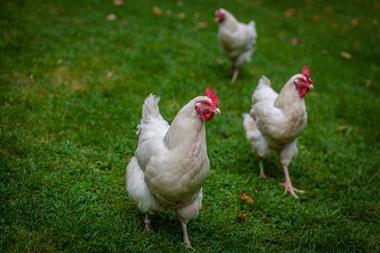


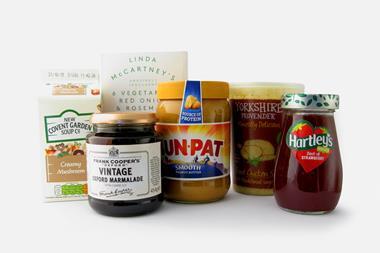

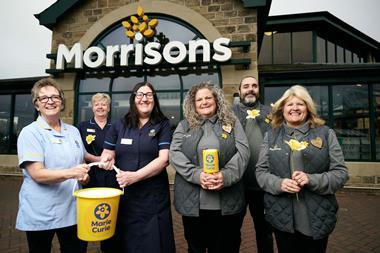
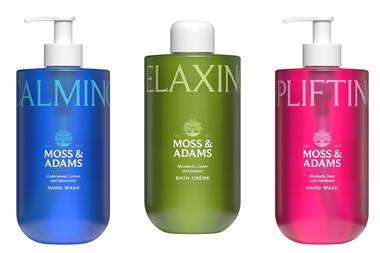
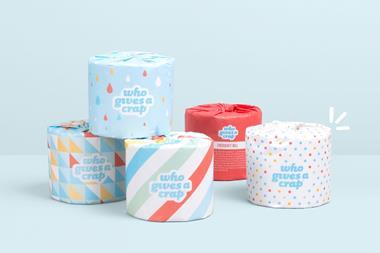
No comments yet